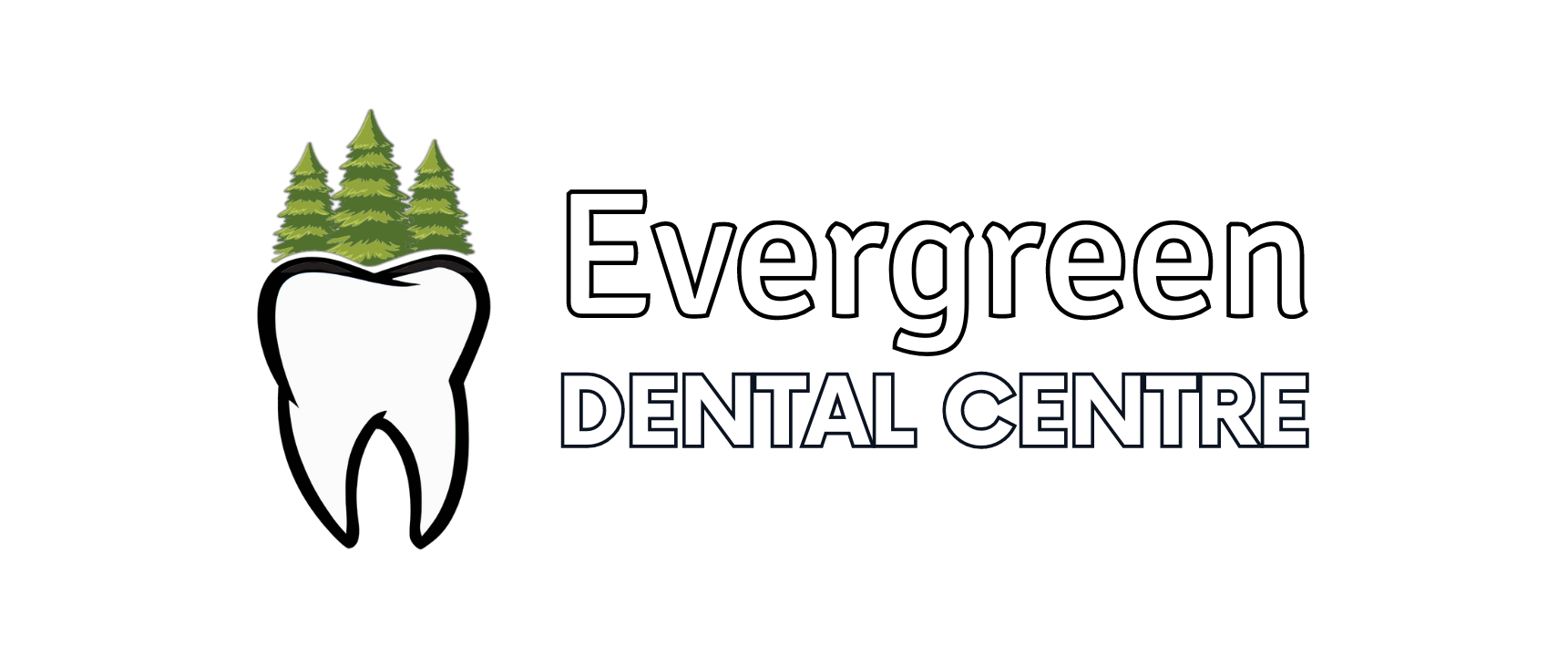Have you ever felt your adult teeth wiggle a little and wondered if it’s normal? It’s quite common for kids to lose their baby teeth, but once your permanent teeth come in, they’re supposed to stay put, right? So, if your teeth start to feel a bit loose as an adult, it can be a cause for concern. This article explores the main causes behind wobbly adult teeth, offers practical tips for strengthening your teeth, and highlights what to do when your teeth are wiggling.
Table of Contents:
- Is It Normal for Adult Teeth to Wiggle?
- What Causes Adult Teeth to Wiggle
- Tips for Stronger Teeth
- What to Do If Your Teeth Are Wiggling
- Conclusion
Is It Normal for Adult Teeth to Wiggle?
Generally, no, it’s not normal for adult teeth to wiggle. Once your permanent teeth have erupted, they are meant to remain firmly anchored in your jawbone. Some minor movement can occur over time, particularly due to natural shifting or pressure from biting and chewing.
However, if the movement feels excessive or is accompanied by pain, gum issues, or changes in your bite, it could be a sign of an underlying problem. Understanding what’s normal versus what’s a cause for concern is essential for maintaining oral health and preventing further complications.
What Causes Adult Teeth to Wiggle?
Several factors can contribute to loose adult teeth. Understanding the underlying cause is crucial for appropriate treatment and prevention:
Gum Disease
Gum disease, such as gingivitis or periodontitis, is a common cause. It involves inflammation and infection of the gums, which can lead to bone loss around the teeth. Signs of gum disease include:
- Red, swollen, or tender gums
- Bleeding while brushing or flossing
- Receding gums
- Persistent bad breath
Trauma or Excessive Force
An accident, fall, or impact to the mouth can also loosen teeth. Even a minor knock can sometimes destabilize a tooth. Additionally, applying excessive force to your teeth, such as grinding or clenching, can weaken the tooth and its surrounding tissues.
Bone Loss
Conditions like osteoporosis, periodontitis, or advanced gum disease can weaken the jawbone, making teeth more susceptible to loosening. Causes of bone loss include:
- Lack of calcium and vitamin D
- Smoking
- Chronic illnesses
Age-Related and Hormonal Changes
With age, changes in bone density and gum health can impact teeth stability. Besides, hormonal fluctuations, especially during pregnancy or menopause, can impact gum health and tooth stability.
Poor Oral Hygiene
Neglecting proper oral hygiene can lead to plaque buildup, gum inflammation, and tooth loss. Tips for proper oral care:
- Brush at least twice a day
- Floss daily
- Use mouthwash for added protection
Tips for Stronger Teeth
To maintain healthy, strong teeth and prevent them from becoming loose, consider the following tips:
- Practice Good Oral Hygiene: Brush your teeth at least twice a day with a fluoride toothpaste and floss daily to remove plaque and food particles.
- Regular Dental Check-ups: Schedule regular dental check-ups and cleanings to identify and address any potential dental issues early on.
- Limit Sugary Foods and Drinks: Excessive sugar consumption can contribute to tooth decay and gum disease.
- Avoid Tobacco Products: Smoking and chewing tobacco can damage your gums and increase your risk of gum disease.
- Wear a Mouthguard: If you grind your teeth at night, wear a mouthguard to protect your teeth from excessive wear and tear.
- Eat a Balanced Diet: A diet rich in fruits, vegetables, and whole grains can help strengthen your teeth and gums.
- Consider Vitamin and Mineral Supplements: Consult your dentist or doctor to determine if you need supplements like calcium, vitamin D, or vitamin K to support bone health.
What to Do If Your Teeth Are Wiggling?
If you’ve noticed that your adult teeth are wiggling, it’s understandable to feel worried. While there are various reasons for this, ranging from minor to serious, it’s important to act quickly to prevent further complications. If you notice a loose adult tooth, here’s what you should do:
Avoid Touching the Tooth
It might be tempting to poke, push, or wiggle the loose tooth, but doing so can actually make the situation worse.
Maintain Good Oral Hygiene
Brush twice daily with a soft-bristled toothbrush, floss gently, and use antibacterial mouthwash to keep bacteria in check. Be careful around the loose tooth.
Rinse with Warm Salt Water
Simply mix half a teaspoon of salt with a cup of warm water and rinse your mouth for 30 seconds. This can help promote gum health and provide temporary relief.
Check for Symptoms
Look for signs like gum swelling, bleeding, or pain that could indicate gum disease or infection.
See a Dentist Promptly
Visit a dentist as soon as possible for an assessment. Quick action may help save the tooth.
Eat Soft Foods Only
Stick to soft foods to avoid adding stress to the loose tooth until your dental appointment.
Conclusion
In conclusion, it’s generally not normal for adult teeth to wiggle since they are meant to be permanent. Various factors, such as poor oral hygiene, gum disease, trauma, age, or other issues, can contribute to this condition. If you notice your teeth becoming loose, it’s crucial to know how to respond, including avoiding touching the tooth and rinsing with warm salt water for temporary relief. However, seeking professional dental care immediately is essential for the best outcome.
If you’re experiencing loose teeth or have any concerns about your oral health, schedule an appointment with us today.
